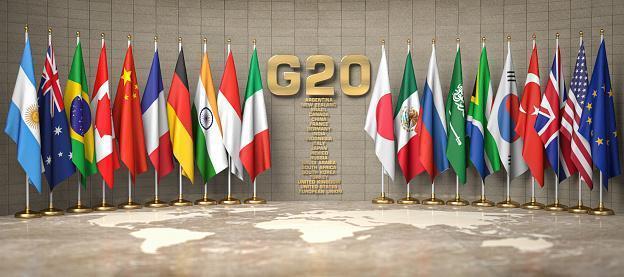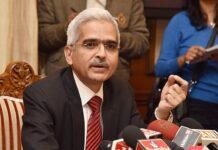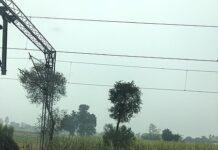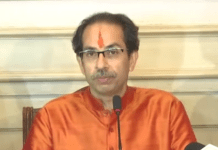
On reducing carbon emission and achieving climate goals, India seems to have hinted at linking of phasing out of coal power generation to the membership of Nuclear Supplier Group (NSG).
The two-day working sessions of G20 Summit 2021 concluded last evening with the adoption of the G20 Rome Leaders’ Declaration. The next summit will be held in Indonesia in 2022 while India will host G20 Summit in 2023.
On reducing carbon emission and achieving climate goals, India seems to have hinted at linking of phasing out of coal power generation to the membership of Nuclear Supplier Group (NSG).
India’s growth story especially post COVID pandemic is heavily dependent on regularly increasing power supply to meet the demands of industry and agriculture. Currently, around 75% of the total power generation of India comes from coal-based power plants. Obviously, it is imperative for India that alternative arrangements to meet the demand of power must be in place before coal-based power plants are decommissioned and phased out to meet the climate goal. Non-fossil fuel based renewable sources like solar, wind, hydroelectricity etc have serious limitations in terms of dependable capacity hence could only be an adjunct. Therefore, only choice left for India is to opt for nuclear power plants.
However, currently mere 2 % of the total power supply of India comes from nuclear sources. On the other hand, nuclear percentage of total annual electricity generation in the USA is about 20% while nuclear contribution is about 22%. Obliviously, India has a long way to go to build capacity to enhance power generation from nuclear sources before coal could be given up to meet climate goals.
Some domestic impediments notwithstanding, the major obstacle in India’s nuclear energy capacity building is the restriction imposed on India to procure and import from international markets nuclear and nuclear-related supplies for constructing and operating nuclear energy reactors. This restriction is in place since 1974 when Nuclear Supply Group (NSG) formed.
Nuclear Supply Group (NSG) aims to stop proliferation of nuclear weapons by imposing restrictions on export of nuclear and nuclear-related items to non- NSG member countries.
There are 48 Participating Governments (PGs) in the NSG. Membership of the Group is through signing of Nuclear Non-Proliferation Treaty (NPT) or through consensus. In view of presence of nuclear weapon States in the neighbourhood, over the years, India has consistently maintained the position of retaining nuclear option as a deterrent against nuclear weapon laced countries next door. Therefore, India sought the membership to the Group through consensus among the members (Participating Governments). India’s application is supported by all important members except China which has consistently blocked India’s efforts in securing the membership of NSG. China insists on pre-condition of inclusion of Pakistan whose role in nuclear proliferation to North Korea and Iran is well known.
China seems to be reluctant to change its position vis-a-vis India’s claim to the membership of NSG, nor it seems likely it will be influenced by other members especially in post pandemic scenario. Therefore, India will have to exert to indigenously develop technologies and raise nuclear supplies domestically to step up efforts to commission nuclear power reactors to phase out coal-based thermal power plants. As a result, this may take longer to meet carbon emission target of climate body.
***





















